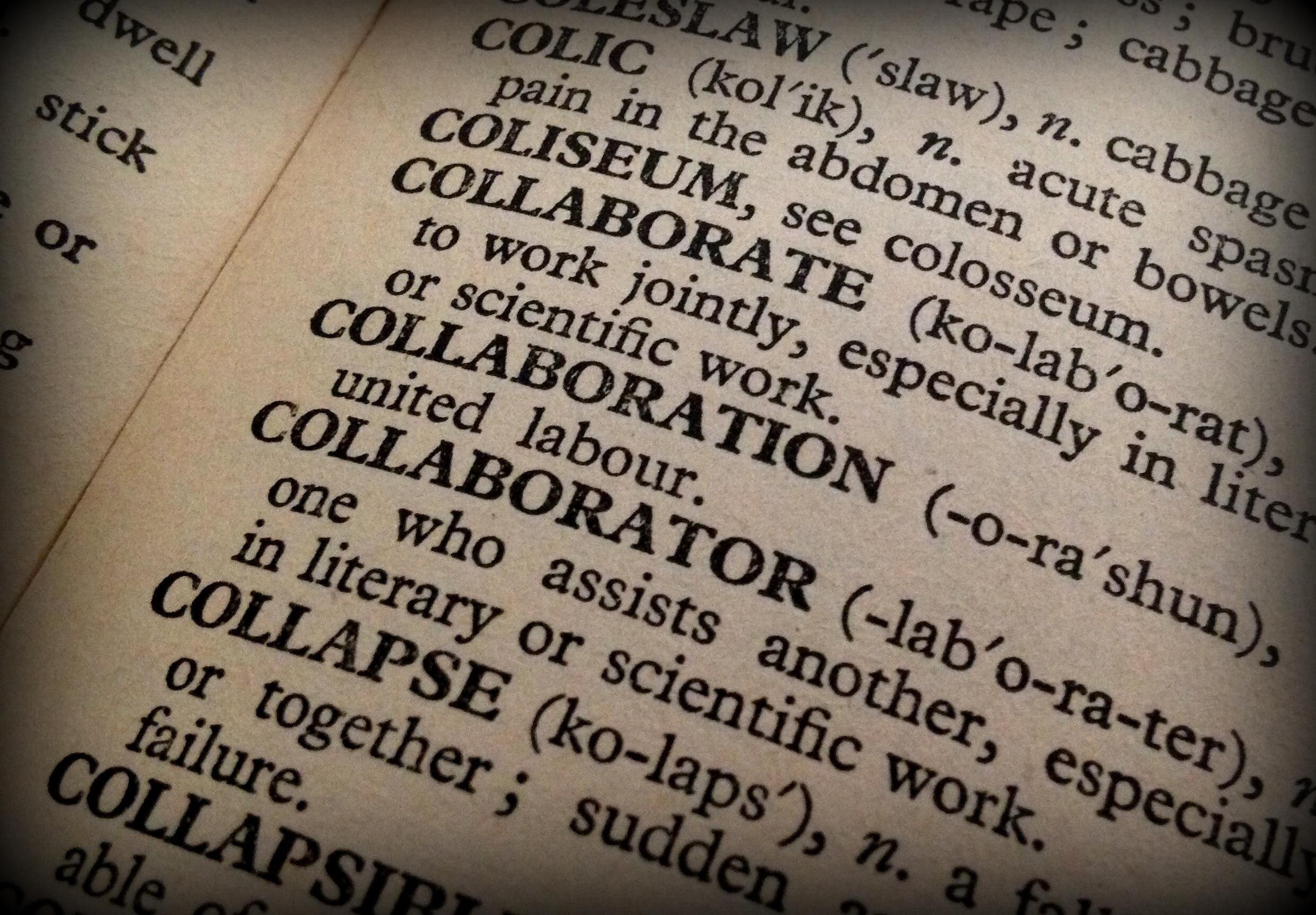
Research Projects in the IRL
Current Projects
This is a non-comprehensive list of current major research projects in our lab! Last updated summer 2024.
Ethics Education. We are working to understand best practices for ethics education for technologists, by analyzing current practices and piloting interventions in university courses. We are also interested in public education and science communication around AI ethics. [For more information see: Responsible Computing]
Ethical Speculation. Funded by Dr. Fiesler’s NSF CAREER grant, we are working on strategies for ethical speculation in technology design and in educational contexts (e.g., the Black Mirror Writers Room). Recent work in this space led by Shamika Klassen examined how Black women imagine the future of technology, and current projects focus on conversational AI (led by PhD student Faye Kollig) as well as tools for thinking through unanticipated consequences.
Human-Centered AI Ethics. We are currently working on projects related to social impacts of generative AI, including projects related to training data (e.g., copyright, research ethics) and educational impacts (e.g., AI accusations and impacts on assessment). We are also thinking about how industry teams are responding to emerging AI issues, led by PhD student Amber Turner.
Social Media Benefits and Harms. Following up on previous research on LGBTQ communities in fandom, Black Twitter, online experiences of fat people, and online content about chronic health conditions, we are generally interested in marginalized experiences on social media. More recent work has focused on entire platforms (e.g., social media migration and the “death” of Twitter), and ongoing work focuses on TikTok as well as federated social media.
Research Ethics for Pervasive Public Data. Following up on the NSF-funded PERVADE project, we are still conducting research on understanding the impact of research on the people whose data we are collecting (e.g., Twitter users) and on current researcher practices.
Ethics Controversies. In addition to past work on understanding public reactions to data privacy and research ethics controversies, we continue work on understanding media coverage of emerging technology ethics.
In addition to these current projects, Dr. Fiesler is also interested in online governance, including internet law (e.g., copyright) and content moderation. For more, see Dr. Fiesler’s previous research.
Recent & Representative Publications
Kollig, F., Pater, J., Nova, F.F., and Fiesler, C. Fictional Failures and Real-World Lessons: Ethical Speculation Through Design Fiction on Emotional Support Conversational AI. CHI 2025.
Smith, J., Satwani, A., Burke, R. and Fiesler, C. Recommend Me? Designing Fairness Metrics with Providers. FAccT 2024.
Fiesler, C. et al. Remember the Human: A Systematic Review of Ethical Considerations in Reddit Research. PACM-HCI, GROUP 2024.
Smith, J. et al. Incorporating Ethics in Computing Courses: Barriers, Support, and Perspectives from Educators. SIGCSE 2023.
Fiesler, C., Paup, J., and Zacher, C. Chilling Tales: Understanding the Impact of Copyright Takedowns on Transformative Content Creators. PACM-HCI, CSCW 2023.
Klassen, S. and Fiesler, C. “Run Wild a Little With Your Imagination”: Ethical Speculation in Computing Education with Black Mirror. SIGCSE 2022.
Klassen, S. et al. More than a Modern Day Green Book: Exploring the Online Community of Black Twitter. PACM-HCI, CSCW 2021.
Dym, B. and Fiesler, C. Social Norm Vulnerability and Its Consequences for Privacy and Safety in an Online Community. PACM-HCI, CSCW 2020.
Fiesler, C. and Dym, B. Moving Across Lands: Online Platform Migration in Fandom Communities. PACM-HCI, CSCW 2020.
Fiesler, C., Garrett, N., and Beard, N. What Do We Teach When We Teach Tech Ethics? A Syllabi Analysis. SIGCSE 2020.
Hallinan, B., Brubaker, J.R., and Fiesler, C. Unexpected Expectations: Public Reactions to the Facebook Emotional Contagion Study. New Media & Society 2019. [OA link]
Jiang, J.A., Kiene, C., Middler, S., Brubaker, J.R., and Fiesler, C. Moderation Challenges in Voice-based Online Communities on Discord. PACM-HCI, CSCW 2019.